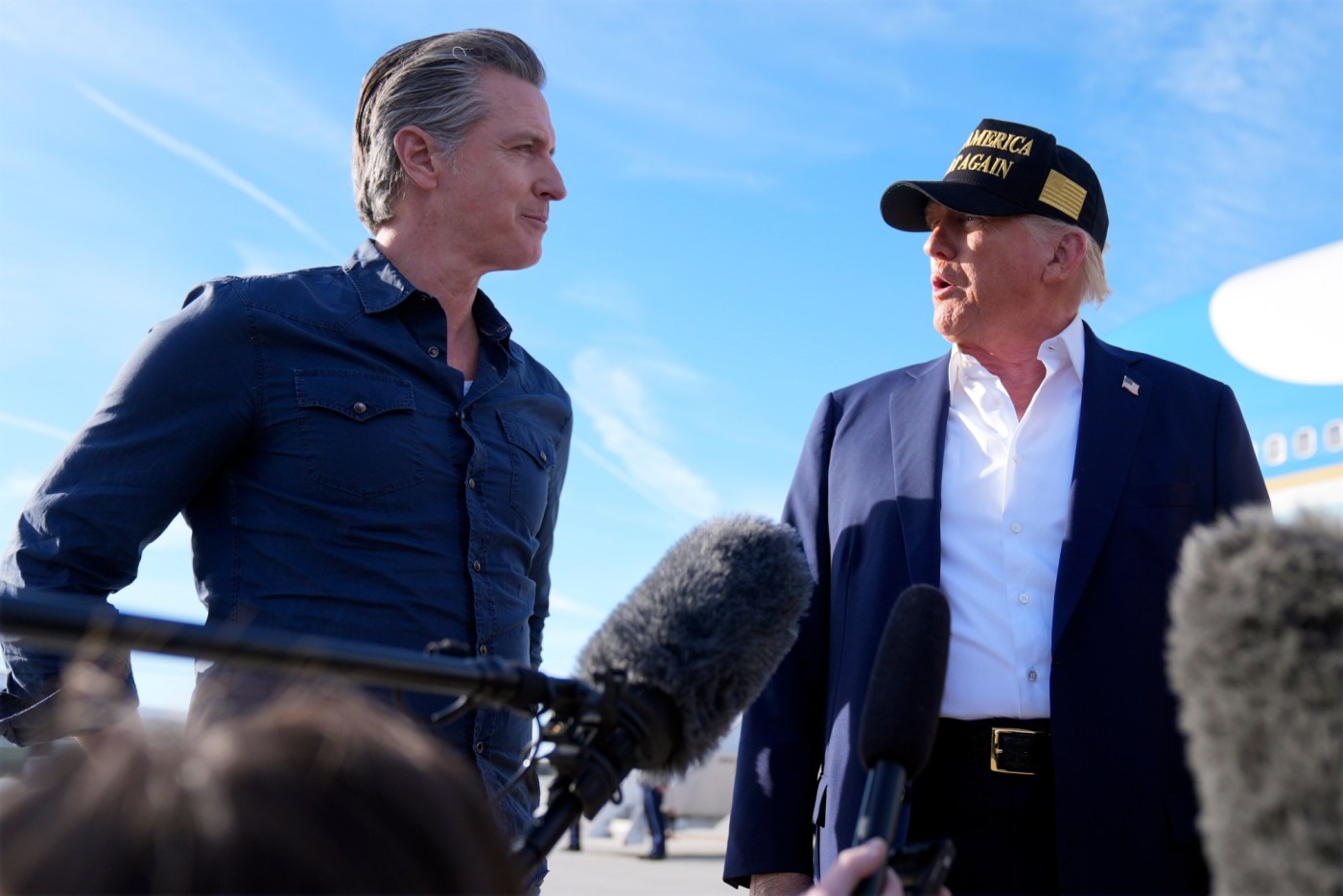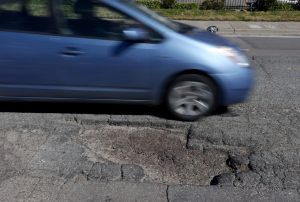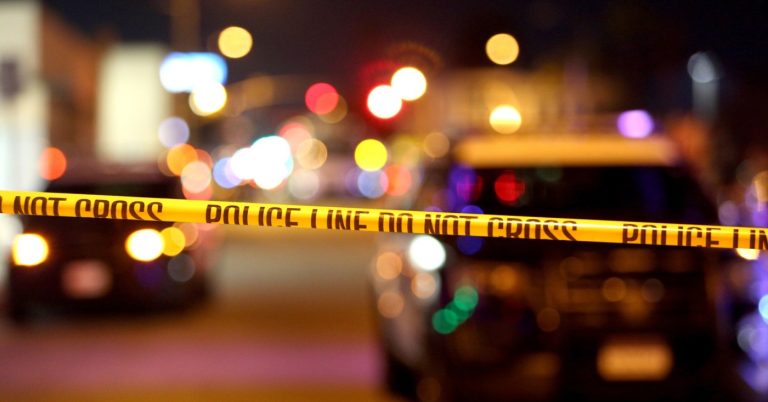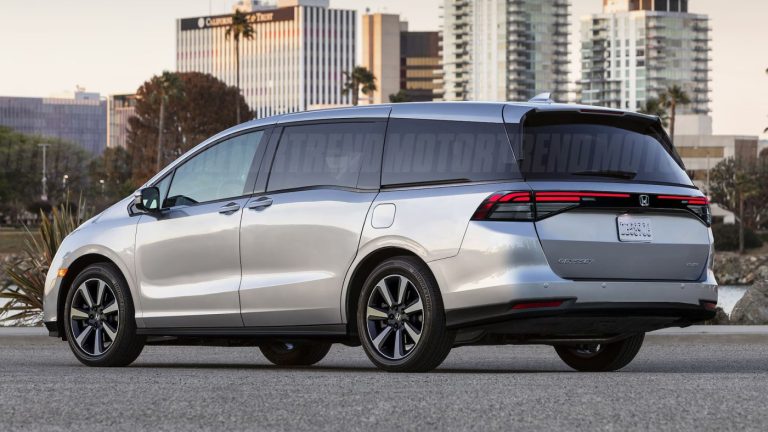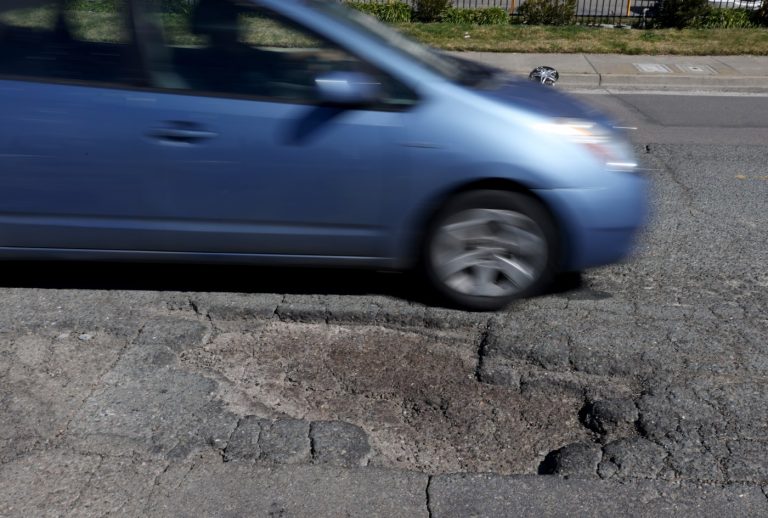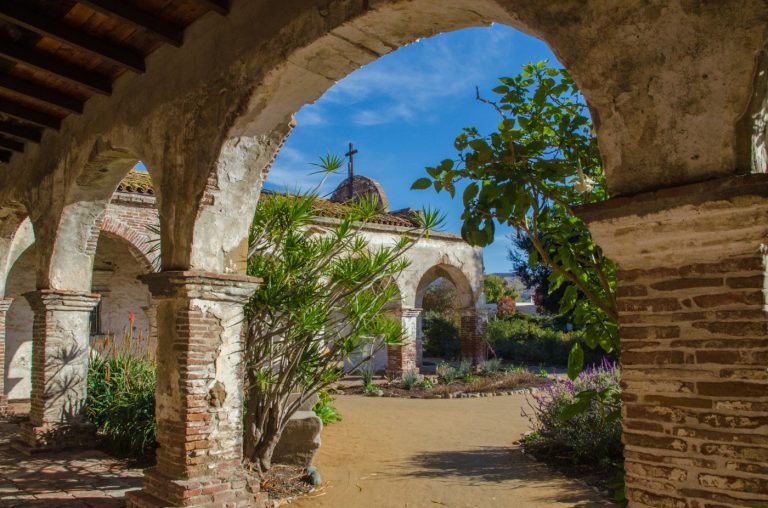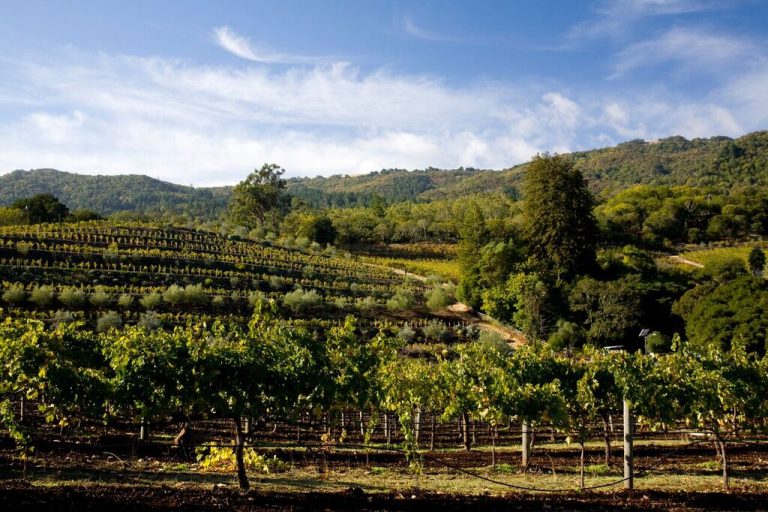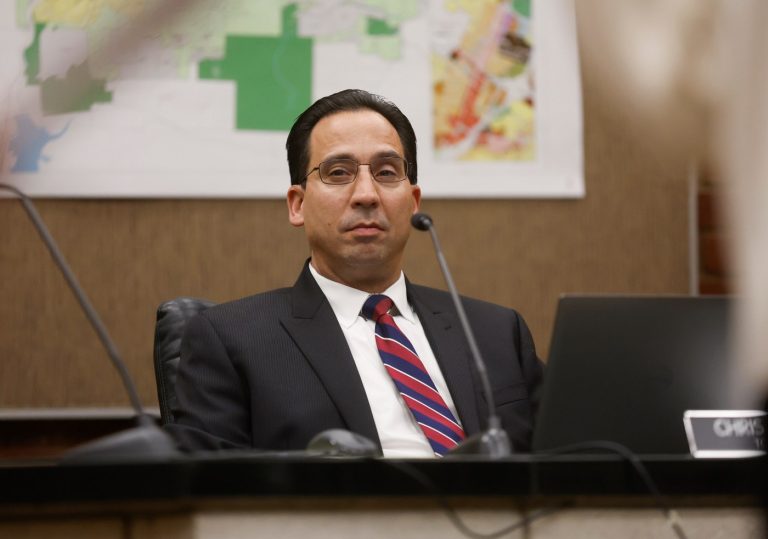President Donald Trump made nice during his recent three-hour stopover in Los Angeles to view damage from the Palisades Fire, possibly the most costly natural disaster in U.S. history, but his longstanding political “War on California” did not abate. He said, “We want to get the problems fixed” and even embraced Gov. Gavin Newsom, whom he usually calls “New-scum.”
Related Articles
Elias: Let buyers beware during reconstruction from L.A. County wildfires
Elias: California water agency supply estimates should be more realistic
Elias: Any blame for L.A. fires mainly belongs to bad choices decades ago
However, he did not walk back demands to condition federal crisis aid on California adopting a voter ID system like Republicans have used to cement power in states they control or his demand that much more Northern California water be moved south — even though there are no shortages anywhere in California today. Trump also talked about water from the Pacific Northwest, from which California gets none.
Never mind also that no mechanism exists to move much more water south than gets sent today. Newsom has spent years pursuing a putative tunnel to bring more water through the Sacramento-San Joaquin River Delta, but no shovels will be turned soon.
When Trump sees political rivals in the flesh, he plainly has less appetite to insult them. That didn’t change any policy he set up via executive order within hours of being sworn in, though, for a new White House term. Yes, the futures of tens of thousands of fire victims are at stake just now, but much more than that is also involved, even if Trump did pause his stream of victim-blaming to express wonder at the scope of damage.
One key area is agriculture, in which Trump threatens disaster for California farms, 41% of whose workers are undocumented migrants. He ordered a new set of raids by U.S. Immigration and Customs Enforcement agents, without revealing the raids’ time and place. Deport those workers, and crops from pistachios to peaches, rice and apricots could rot on the trees or vines.
He also threatened to prosecute local officials who don’t aid his planned deportations of undocumented immigrants. Several dared him to try. Trump also immediately ordered offshore oil drilling to resume in federal waters. That could produce conflicts between state and federal officials, since California owns all waterfront property from the average mean high tide line out for about three nautical miles.
Getting offshore oil to trucks, pipelines and refineries is impossible without crossing state property, and the state Lands Commission — controlled by Democrats — has long been hostile to offshore drilling. So Trump’s frequent calls to “drill, baby, drill,” may lead to long legal battles before a drop of offshore oil arrives.
Trump also signaled he will try again to nix California’s authority to lessen automotive and industrial smog production in the state. That authority derives from the federal Clean Air Act, which has led to far cleaner air in Los Angeles, the Bay Area and the Central Valley even as population and traffic has increased greatly over the law’s more than 54 years.
The renewed president also said he wants to end federal price supports and incentives for buying electric vehicles. Newsom responded that the state would likely reinstate its own incentives if federal ones disappear. One Trump tactic is that he canceled subsidies for buying zero emission cars, trucks and other equipment under the 2022 Inflation Reduction Act.
Rob Bonta, California’s attorney general, promised early on to revive the state’s leadership in resisting Trump proposals affecting climate, immigration and other areas. State legislators quickly voted for $25 million to help with this.
Bonta’s first effort was a lawsuit to throw out Trump’s executive order ending birthright citizenship, the 14th Amendment guarantee that almost anyone born in this country automatically becomes a citizen. At least two Supreme Court decisions have affirmed the amendment’s provision; Bonta maintains it can only be changed with another constitutional amendment. Trump demurs.
So far, this is merely a legal war, with Trump issuing orders and California resisting some. Even California Republicans are calling on Trump to forget about conditions on disaster relief, though. As they noted, the fires did not discriminate between members of the two major parties. The open questions are how long this “war,” which really began almost eight years ago, will drag on and how much it will damage Californians.
Email Thomas Elias at tdelias@aol.com, and read more of his columns online at californiafocus.net.
